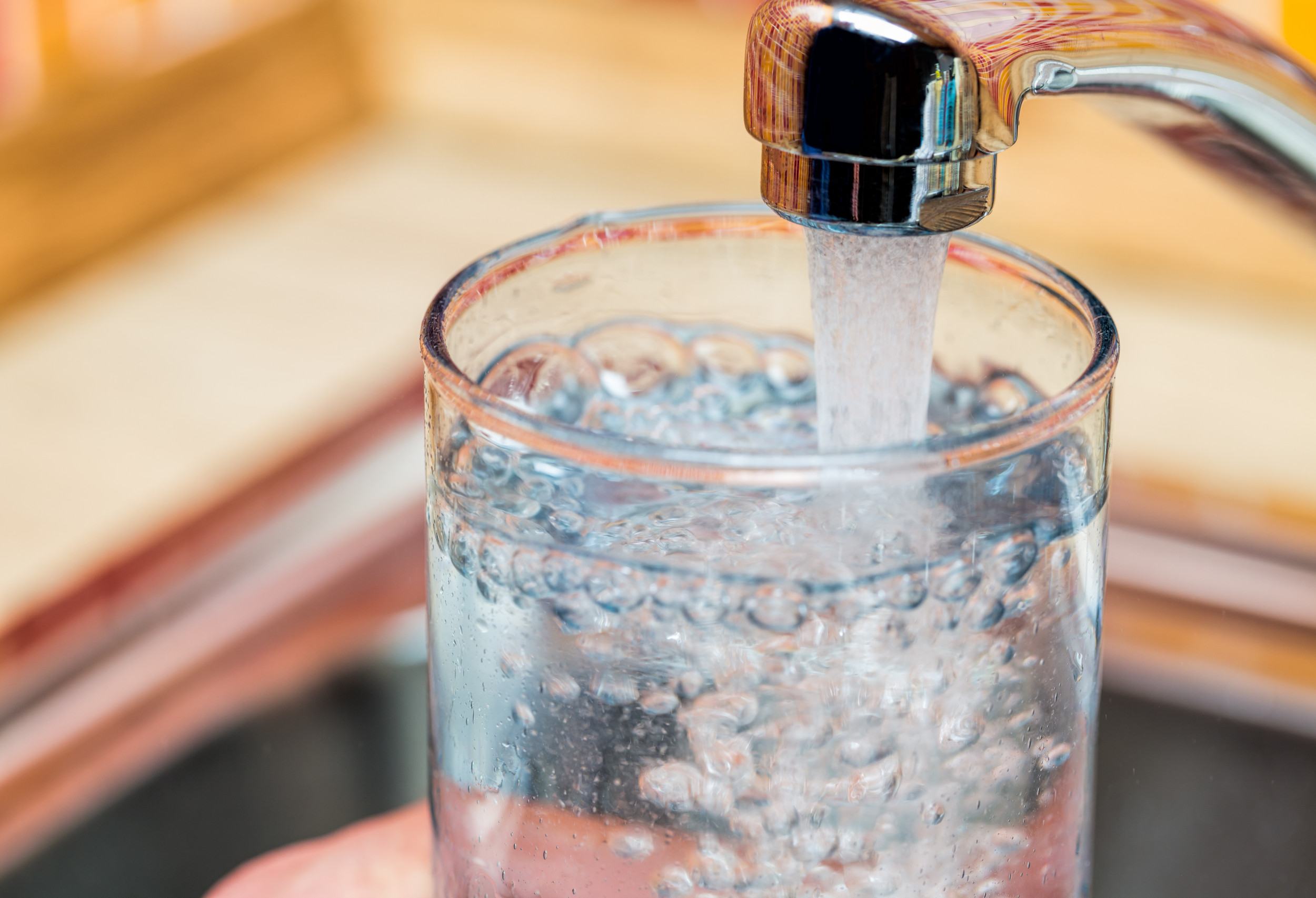Residents in several regions are on alert to boil their tap water due to possible health risks associated with water contamination.
Authorities in multiple locations, including Pennsylvania, Kansas, Texas, Ohio, and Florida, issued warnings on Tuesday, citing various issues that could lead to harmful microbes proliferating in untreated water.
This past Saturday, Davistown, Pennsylvania, experienced a boil water advisory after a power outage emptied a water tank. As of Tuesday afternoon, the East Dunkard Water Authority advised that “customers in the Davistown area should not drink water without boiling it first.”
It was reported that “Once normal water levels in the tank are restored, additional quality testing, including for bacteria, will take place.” This advisory is expected to last several more days until health standards are met.

In Kansas, a boil water advisory was declared for Cawker City on Monday, following a waterline break that compromised system pressure. Locals are advised to boil water for one minute before consumption. The advisory that began on July 29 will remain until safety is assured.
Meanwhile, in Post, Texas, a similar notice was issued on Tuesday due to low pressure when replacing a water main. Residents are urged to bring water to “a vigorous rolling boil” for at least two minutes before use until further notice.
Zanesville, Ohio, has also issued a “precautionary boil alert” for about 100 residents due to emergency repairs on a water main, as reported by WHIZ radio.
Lastly, in Wellington, Florida, officials have enacted a boil water advisory related to a water main repair, which will stay in effect until two consecutive days of favorable bacteriological tests are confirmed.
According to the CDC, during a boil water advisory, tap water should be boiled to a full rolling boil for at least one minute before consumption, and it’s crucial for removing potential contaminants during cooking or brushing teeth. However, washing hands, clothes, or showering is generally considered safe as long as the water isn’t ingested.
It’s important to note that boiling is necessary even if the water has passed through a filtration system.
